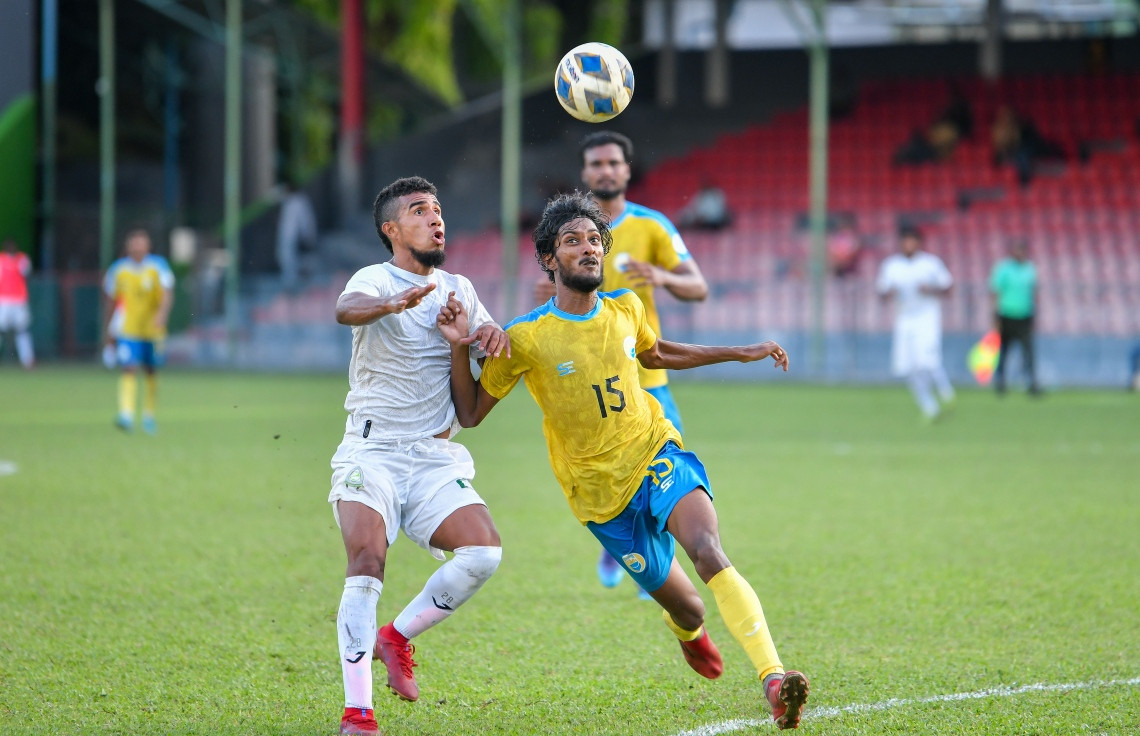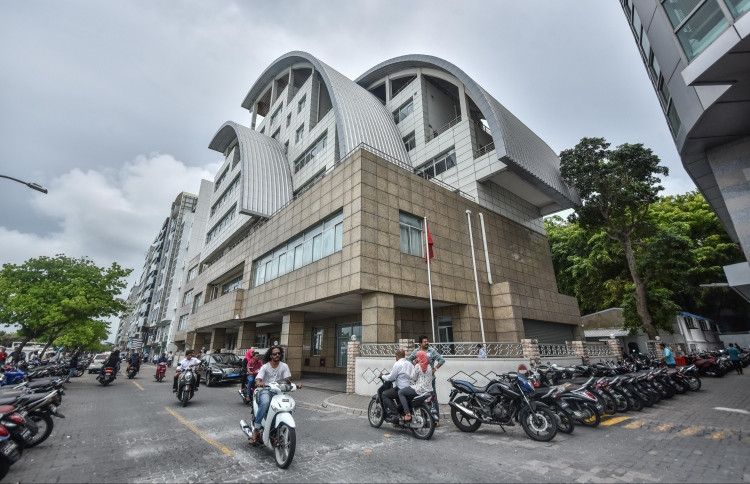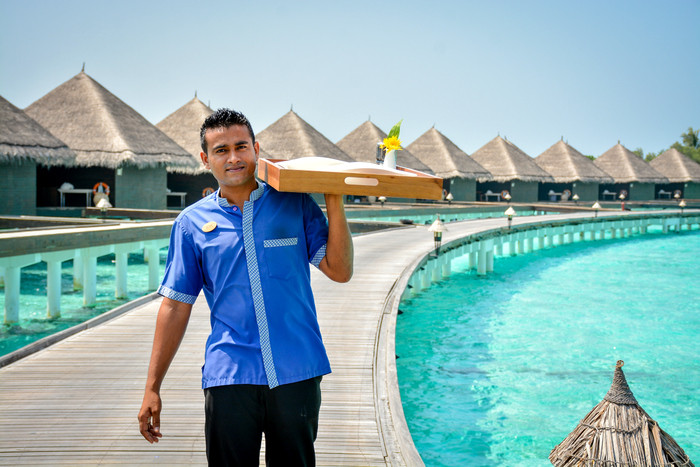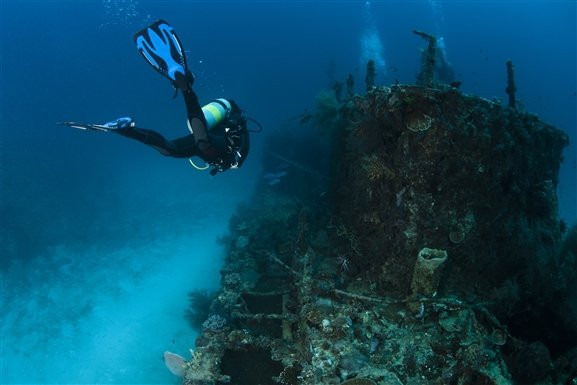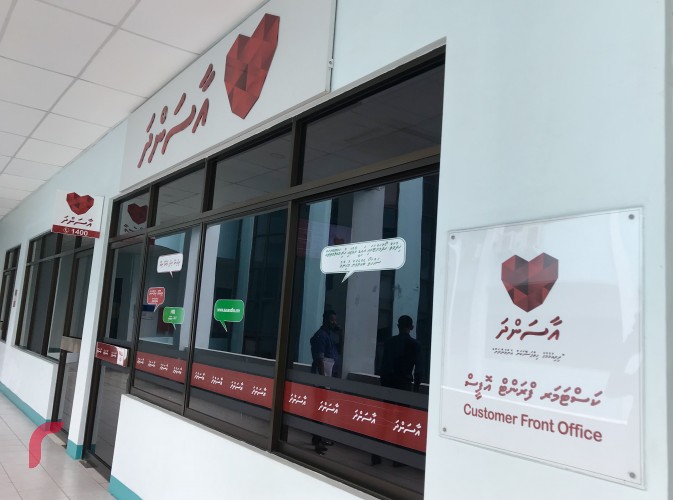Road safety: lack of regulations and awareness
There has been a total of eight deaths due to road accidents in the Maldives so far


File photo: accident area cordoned off by police in Addu City
While we ae currently in the seventh month of the year, there has been a total of eight deaths due to road accidents in the Maldives so far.
Neither police nor the Transport Authority, tasked with ensuring road safety, have released these statistics but an independent one done by RaajjeMV journalist Hussain Hassan showed that there have been at least eight fatalities thus far.
The first one was in February, with a 74-year-old man dying in an accident in Fuvahmulah City. A 32-year-old succumbed to injuries sustained in an accident in Hulhumalé in March. The third fatality was from Addu City in April, where an elderly man died after a car lost control and crashed in to his bicycle. The same month, an elderly man was killed in an accident in Vaadhoo island of Gaafu Dhaalu atoll.
In late May, a man and woman were killed when the motorcycle they were riding lost control and fell into the harbor in Holhudhoo island of Noonu atoll while a 24-year-old was killed in an accident in Hulhumalé in June when a speeding motorcycle crashed into him. Last Friday, an 18-year-old sustained grave injuries to his head after losing control of his motorcycle, this was in Hulhumalé as well and he succumbed to his injuries not long after.
Eight may seem like a little number when compared to most countries, but Maldives has failed to take the first step to ensure road safety.
Helmets.
While over most of those over 18 are likely to have a license or know how to ride a motorcycle - a number of those that ride do not have a license - there are no laws that require riders to wear helmets.
We are currently seeing around 35 lawmakers at parliament sittings, hastily bringing whatever changes to the Constitution as they please. But despite the high number of accidents, no one sees it fit to tighten road safety regulations.
Back in 2015, an amendment was submitted to the Land Transport Act giving authority to the government to enforce a policy on helmets. However it was thrown out, reportedly because parliamentarians did not want to enforce helmets in the narrow streets of Malé. But most agreed that tighter regulations were required in Addu City, especially on the link road or causeway connecting the islands.
It is true that in Addu City, where a number of accidents occur, one is required to wear a helmet when riding in the area that connects Maradhoo to Hithadhoo; you do not have to wear helmets in the rest of the city. But from personal experience I can say that the helmets are mostly worn just for show, because they have to - the helmets are not tightened and some even use bicycle race helmets.
This means that not enough has been done to raise awareness on road safety, either. While a number of those that die due to road accidents are the innocent bystanders, it is important to teach reckless drivers that they are not alone on the roads and what there recklessness could lead to. That in their hands, are the lives of all those they come across while riding.
However, instead of tightening road safety regulations or doing more to increase awareness, the government is more focused on its own agenda. It recently held a program and issued licenses in one day; skipping the required one-week theory and practical driving exams. During the weekend the program was held, nearly 800 of the 1,394 that took part in the program passed.
Unofficial reports say that a number of those that did not have the skills to ride or drive were issued licenses so that they ‘could practice later’.
While authorities must take responsibility for the lack of regulations, the citizens must take it upon themselves to educate each other about road safety. We must teach our children about the road system as 'there is every possibility that teaching children from a very early age could lead to safer behaviours in later life'.
